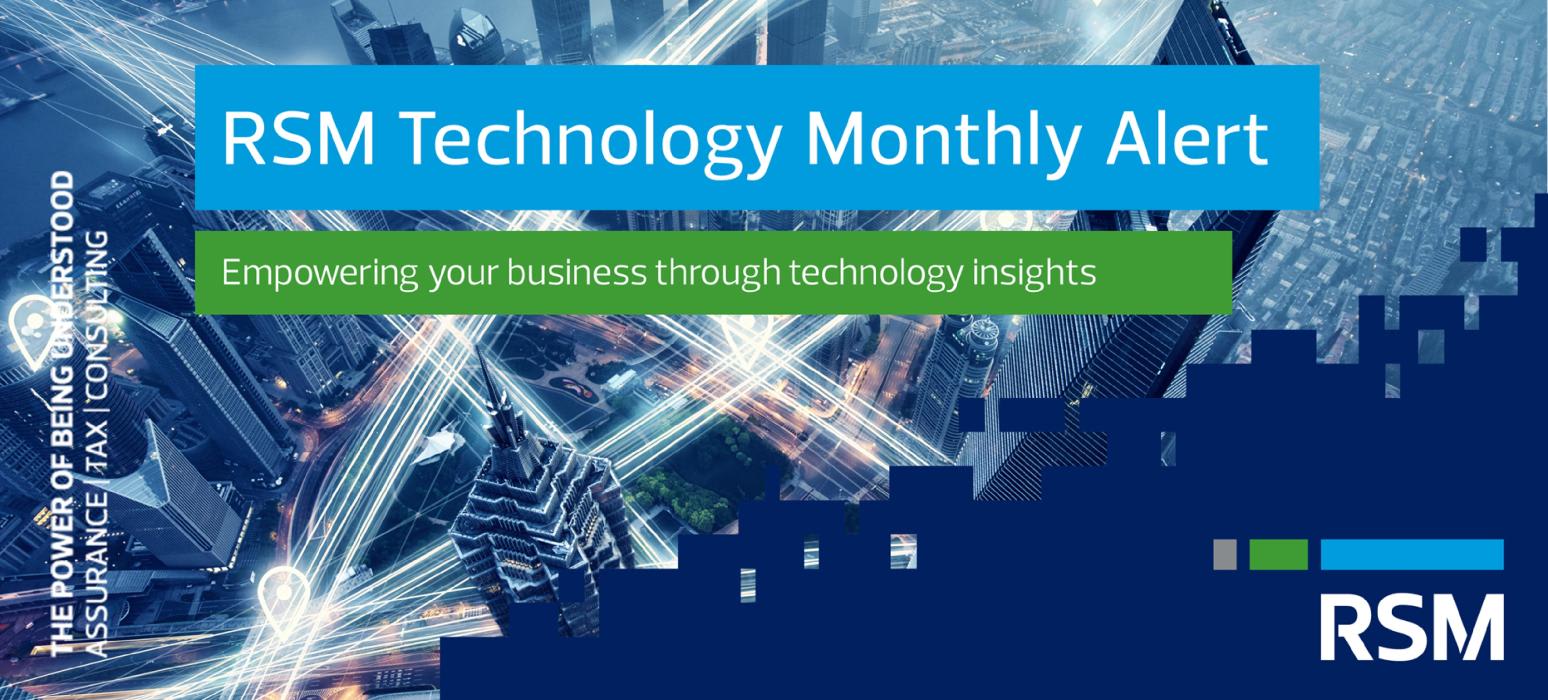|
Adobe launches Firefly Video AI to compete with OpenAI's Sora Adobe has introduced Firefly Video Model, an AI-powered tool that generates 1080p video clips from text prompts or images, competing directly with OpenAI’s Sora and Runway. Integrated with Premiere Pro, it allows users to enhance existing footage by adjusting elements like camera angles and atmosphere. Adobe ensures Firefly is trained on licensed and public domain content, making it commercially safe and respecting intellectual property rights. The launch strengthens Adobe’s position in the AI-driven video creation market, providing professionals and creators with innovative tools to streamline content production while maintaining creative control. AI in 2025: The Rise of Generative Tech, Robotics, and Workforce Challenges By 2025, AI will drive advancements in generative technology and robotics, enabling robots to perform complex tasks in dynamic environments. Companies like Tesla and Amazon are integrating humanoid robots into operations, expanding automation in retail, warehousing, and customer service. However, this progress raises concerns about job displacement, with AI expected to replace around 2.8 million positions globally. While automation boosts efficiency, ethical and workforce challenges must be addressed. Balancing technological growth with responsible implementation is crucial to ensuring AI benefits society while minimizing risks associated with widespread adoption in the labor market and daily life. |
 |
NetSuite 2025.1 enhances sales, manufacturing, and field service operations NetSuite's 2025.1 release introduces several enhancements to improve business operations across sales, field service, manufacturing, and warehouse management. New connectors streamline data synchronization with Salesforce, Shopify B2B, and Microsoft Outlook, reducing manual entry. Field Service Management improvements include automatic time bill creation and bulk file uploads for technicians. Manufacturing tools like the Manufacturing Scheduler SuiteApp optimize production scheduling, and the Auto Serial Numbering SuiteApp enhances traceability and inventory management. Additional features include specialized user roles, shipping rate adjustments in Ship Central, and improved warehouse management capabilities, all designed to increase operational efficiency. SAP S/4HANA Cloud 2502 update: enhancing AI, user experience, and industry-specific solutions SAP's S/4HANA Cloud Public Edition 2502 update introduces advanced AI capabilities to enhance business operations. Central to this is Joule, SAP's AI copilot, which provides detailed context and insights, streamlining workflows and simplifying navigation. The update also features AI-assisted financial insights, improved user experiences through Microsoft Teams integration, and enhanced cash flow management. Tailored solutions for retail and service-centric companies optimize operations and project management. Additionally, the update expands industry-specific functionalities and introduces identity and access management apps for better app authorization, supporting businesses in navigating complex environments and improving overall performance. |
 |
FBI leads international takedown of 8Base ransomware group and data leak sites A coordinated international law enforcement operation has dismantled the dark web data leak and negotiation sites associated with the 8Base ransomware group. The takedown involved agencies from the U.K., U.S., Europol, and several other countries. Authorities arrested four European nationals and seized over 40 pieces of evidence, including mobile phones, laptops, and digital wallets. The suspects are alleged to have deployed Phobos ransomware against 17 Swiss companies between April 2023 and October 2024, extorting $16 million from over 1,000 victims worldwide. 8Base, known for its double extortion tactics, has been linked to the Phobos ransomware and overlaps with the RansomHouse group. New malware bypasses Chrome's app-bound encryption to steal browser cookies and data A new malware strain has been identified that bypasses Google Chrome's App-Bound encryption, enabling attackers to steal browser cookies. This malware, known as Glove Stealer, employs a dual-injection technique to extract and exfiltrate cookies from browsers like Chrome, Edge, and Brave. It also targets cryptocurrency wallets, 2FA session tokens, and passwords from various applications. To circumvent Chrome's App-Bound encryption, Glove Stealer uses a supporting module that leverages Chrome's own COM-based IElevator Windows service, requiring local admin privileges to decrypt and retrieve encrypted keys. |



